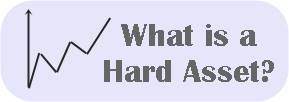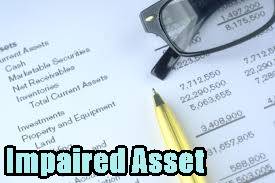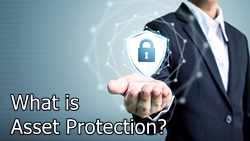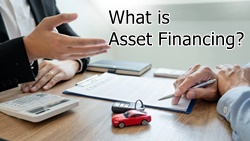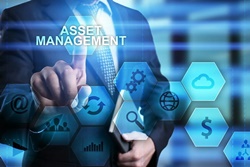
Table of Contents
What is Asset?
The Asset meaning can be defined as any resource that holds a significant monetary value. A company, individual, corporation, or government body could hold the asset in the hope that it may provide them with financial benefits in the future. The value of the asset can depreciate or appreciate, depending on the nature of the asset and how well you maintain it. All the assets that a company owns will be mentioned in the Balance Sheet and are counted as the profit. It is seen as something that will benefit the company in the long run.

Note that the asset is not always the securities you have invested in or the Real Estate you own. It can be simply a patent or something that can help you generate higher profits, reduce your expenditure, save money, or boost your sales.
Types of Assets
In other words, an asset is an important economic resource for the organization. Other companies may or may not have access to such an asset. It can be a Manufacturing tool, goodwill, furniture, and just about anything that helps the business grow. Only the company owner or the individual who has purchased the asset will have the right to control the operations related to the material. For example, if a company owns the furniture, only they can decide how they would like to use it.
They can sell the furniture to a third-party to generate profits or use it as an investment for customers and business associates. The company must have the right to a particular asset. Another important thing to note is that only the resources that are capable of enhancing the cash inflow and reducing the outflow will be counted as assets. The four common types of assets that are included in the balance sheet as profits are:
Talk to our investment specialist
- Fixed assets
- Intangible assets
- Current asset
- Financial investments
As the name suggests, current assets or short-term assets refer to the economic resources that are highly liquid. These assets can be converted into cash in a short while, probably within a year or two. Examples of current assets are cash, accounts Receivables, and inventory. Note that the assets that turn obsolete will be written off from the balance sheet.
Fixed assets, on the other hand, are plants and equipment that are considered long-term economic resources. The buildings, heavy equipment, machinery, and plants the company owns will be categorized as fixed assets. These assets depreciate over time. The asset may lose its worth depending on the Market factors and the way you maintain them. Financial investments include the amount you have invested in real estate, stocks, Bonds, equity, commodities, and other financial instruments.
Asset Formula
Total Assets = Current Assets + Non-current Assets
The value of the financial asset will be measured based on your motive behind Investing in the property. The intangible assets are also recorded in the balance sheet. It implies the copyrights, trademarks, goodwill, and other assets that do not have any physical presence.
All efforts have been made to ensure the information provided here is accurate. However, no guarantees are made regarding correctness of data. Please verify with scheme information document before making any investment.


